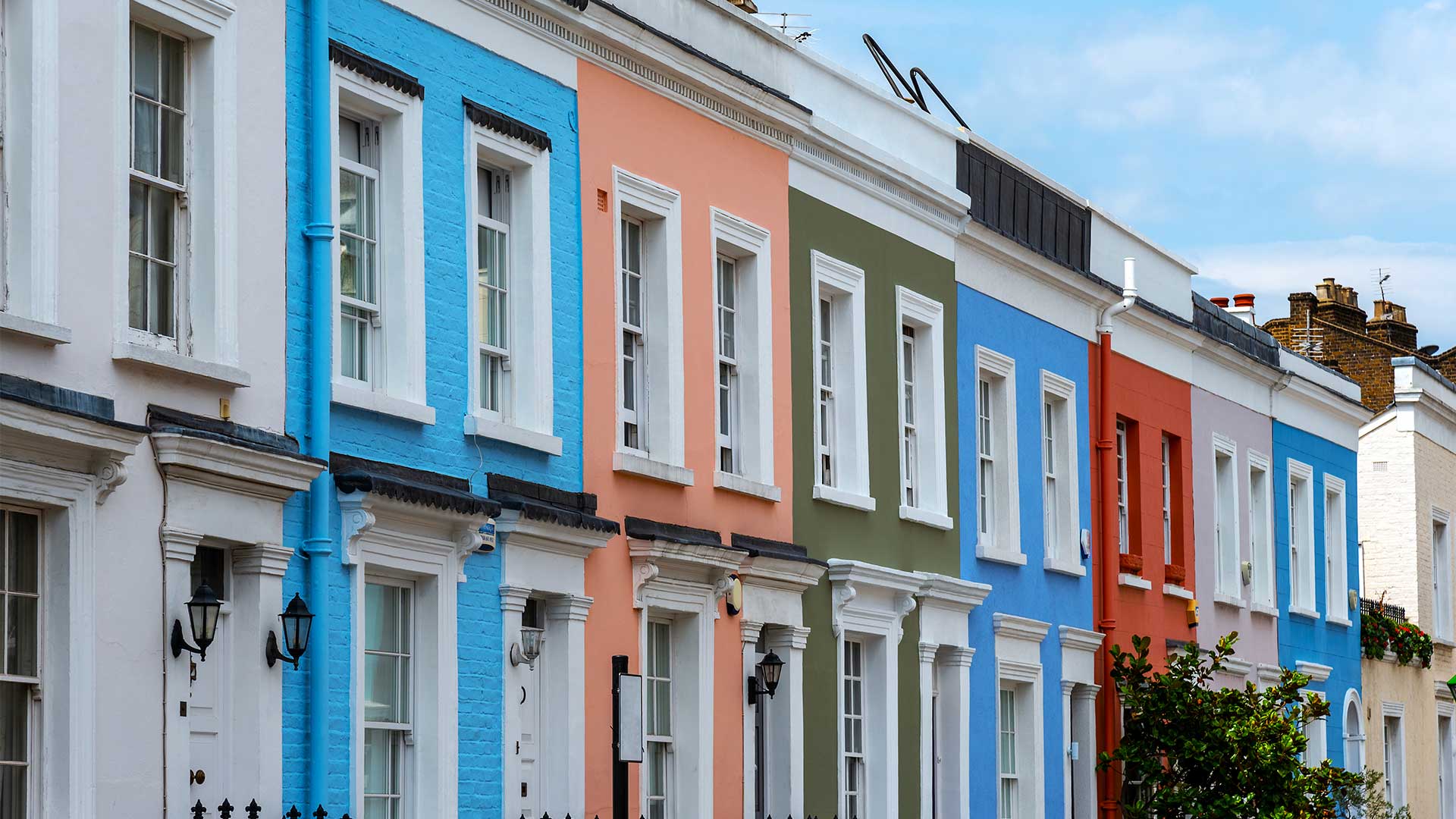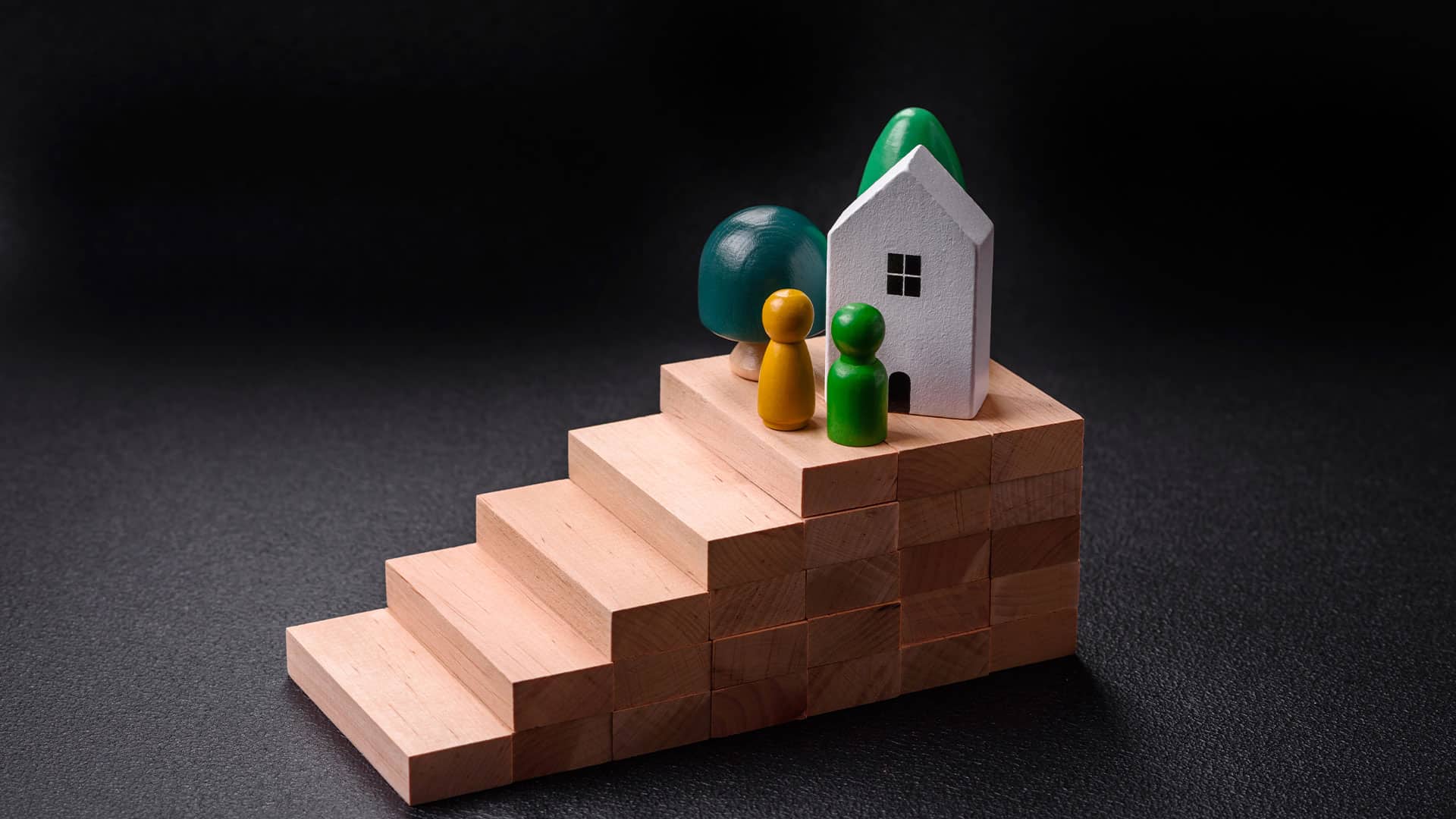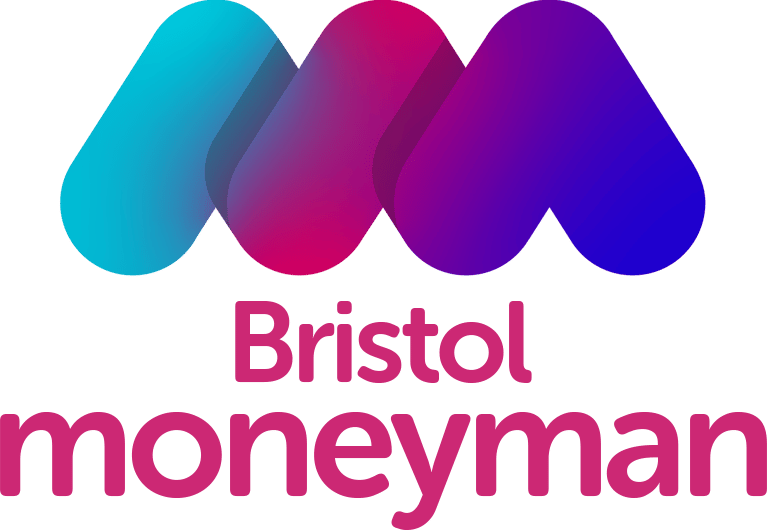What Is a Leasehold House?
fter the introduction of the Help-to-Buy Scheme in Bristol, a large number of home builders decided it best practice to start selling their newly built houses on a leasehold basis, as opposed to a freehold one. What does this mean exactly?
Well, the basic overview is that you own the property, but the land on which your property is on, is owned by the freeholder. Generally these leases are for hundreds of years, usually beyond the lifetime of the original leaseholder.
What’s The Catch With Leasehold Houses?
The catch with Leaseholds, is that you only own the property, not the land. This means you may have to pay ground rent, various service fees and at the end of your term, if the lease has not been extended, the freeholder takes back control of the property.
Regarding the end of the lease and the service charges, you should always have the right to extend if you wish and challenge any fee changes, though for more clarity it’s always worth speaking to a Conveyancing Solicitor, as it’s their job to cover the legalities of property.
Some of the fees can fluctuate as and when the leasehold management company wants to change it, so it’s always worth making sure a Conveyancing Solicitor reads over your agreement carefully, to ensure it is fair.
Do I Really Own The Property? Can I Still Obtain a Mortgage On It?
For the length of your term, yes, you own the property. As explained, the freeholder may be able to take their property back at the end of a term, but if your term is taken out over the course of a few hundred years, that property is effectively yours for the rest of your life.
One area that may require some thought, is if you were planning to make any home extensions or improvements. Whilst this may not always be the case with every freeholder, the majority will require you to seek permission for any changes that take place on their land.
Obtaining a mortgage on a leasehold is an interesting one. Not all lenders will accept this kind of deal, however those who do usually will only accept it if your term is at least a minimum of 60 years. The reason for this is down to resalability in the event of repossession.
If your term is shorter than 60 years, you most likely will have to discuss the possibilities of renewing the lease with the freeholder via a legal representative.
Land-Banking Freeholders
One of the big issues around the property market right now, and has been for a few years, is something known in the industry as “land-banking”. This refers to some freeholders who are sitting on their land, whether property is finished or unfinished and despite the need for more homes in the UK, purely because there have been changes to the market and they’re waiting for a chance to make lots of profit.
As you would expect, this kind of practice is frowned upon by most, seeing it as unfair and leading for many to request that the government abolish leasehold altogether, as a means of avoiding this going forward.
Coupled with the service fees, the need for renovation permissions and ground rent, it’s no surprise that leasehold housing can often seem like a bad deal, however if handled correctly, it could still be a viable option for you.
Get in Touch For Leasehold Mortgage Advice in Bristol
If you are looking at leasehold houses and debating whether to buy one, you should first & foremost speak to your Conveyancing Solicitor in regards to the lease and other legalities.
It’s very easy to get carried away with the excitement of buying a home but you need to also realise that this is a major investment decision that you need to think about it very carefully. If you would like to get the ball rolling on a leasehold house mortgage, please Get in Touch.
Date Last Edited: December 6, 2023














